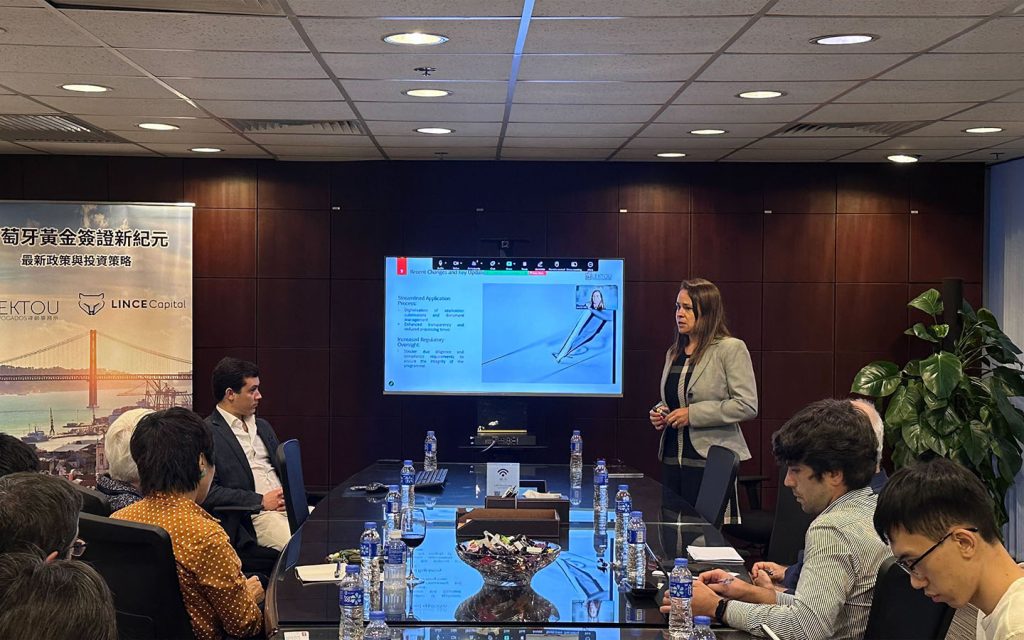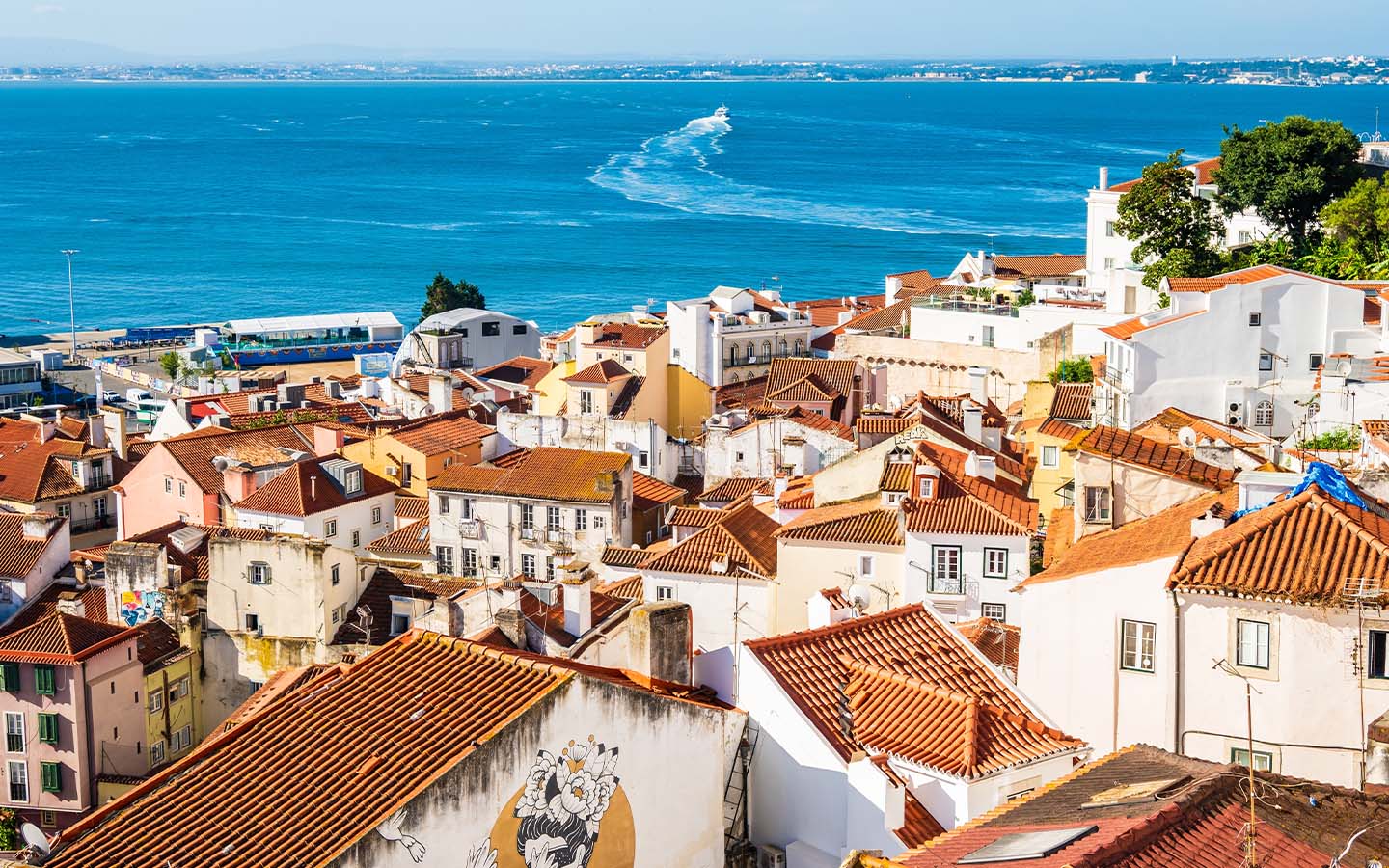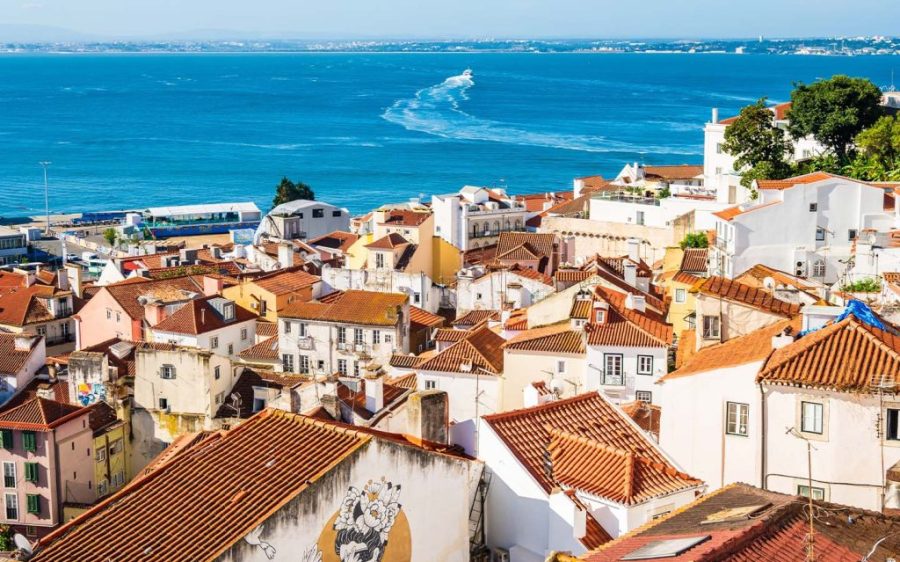Recent updates have introduced significant changes aimed at streamlining the application process for Portugal’s Golden Visa program and enhancing the overall experience for investors, says Francisco Sottomayor, head of investor relations at Lince Capital, an independent private equity fund management company headquartered in Lisbon. The firm is regulated by the Portuguese Securities and Market Commission (whose Portuguese initials are CMVM) and pioneered the Golden Visa-compliant fund, assisting over 600 private investors with their applications since 2018.
Sottomayor was speaking at a seminar entitled “The New Era of Portugal’s Golden Visa – Key Updates & Strategies” held last Friday at the Macao office of Lektou, a firm with over 40 years of legal practice in the city and roots in the Portuguese law office Gonçalves Pereira & Rato, which started its operations in 1985.
Portugal’s Golden Visa program is widely considered Europe’s most attractive remote pathway to EU citizenship, in terms of stable returns and residency benefits. Granted by the government of Portugal, it is an immigrant investor program that offers the possibility of permanent residency and citizenship to individuals, as well as their dependents, who make qualifying investments after an initial period of five years.
[See more: Portugal plans to expel thousands of foreigners amid rising anti-migrant sentiment]
Central to Friday’s seminar was identifying new investment opportunities and explaining the firm’s own investment strategies.
Helena Nazaré Valente, partner at Lektou, shared current options for prospective investors, including investment funds that focus on tech, healthcare, energy and sustainable development sectors, with a minimum investment of €500,000 in qualifying funds regulated by the CMVM, in job creation with a minimum investment of €500,000 in a company along with the creation of at least ten new jobs in Portugal, five of those being permanent. Another option is investing in research and development, also at least €500,000, and still another is investing at least €250,000 into cultural heritage.
Practical advice for prospective investors was also noted by Valente, including starting early, preparing all the necessary personal, financial and legal documentation, engaging with professional legal and financial advisors and monitoring regulatory changes to stay updated on the program and investment landscape. She also highlighted the benefits of Portuguese residency for prospective investors and their dependents, including education and healthcare.
Sottomayor said that Macao was the central location for golden visas in this region, not only because of the history of the Portuguese here, but also because it is a business hub. Meanwhile, he emphasized that economic crises historically created prime investment windows, “We’ve seen that the years afterwards is when companies are more open to receive financing from a private market. But it’s also when the best results have been achieved,” hence the current post-pandemic period is an ideal period to engage with Portugal’s market, he says.

Portugal’s competitive advantage lies in its cost-effective production environment, which Sottomayor noted is “55 percent cheaper than the average European Union country,” alongside its Atlantic-facing ports and political stability. Such factors could also support any future reshoring, as companies are choosing to relocate production closer to Europe due to supply chain and various geopolitical challenges.
Several industries with attractive investment opportunities were highlighted by Sottomayor, including electrical equipment and machinery, recycling (with a focus on electronic equipment, textiles and plastics), modular construction as a faster and more cost-effective solution to traditional construction, and other industries with strong traditions and international reputation, such as bicycle manufacturing and apparel.
Fund managers seek to partner with Portuguese family-owned SMEs with viable business models and stable cash flows but limited growth due to succession problems, lack of professionalism or limited access to capital, he noted.
[See more: Portugal’s President Marcelo Rebelo de Sousa has postponed his visit to Macao]
While there are various investment strategies that are viable for the program, investors will recover their initial investment and returns before other distributions, which provides an added layer of security. Unlike stock market funds, the Golden Visa fund operates on a private market model with a fixed seven-year term, with two fund options – equity-focused and debt-focused. Sottomayor explains that “What you’re doing is you’re transferring money to a pool, which we collect, and from that pool, we extract the fees.” Sottomayor also noted the fund aims to raise €20 million, with €14 million already secured, while there is a projected net annual return of 10 to 15 percent over a seven-year fund term.
The conference acknowledged that Portugal “took too long to adapt” to allow the private market to grow the way that other economies in Europe have. While this does not cover the loans that companies have to take with “reduced loan availability by 35 percent over the past 15 years,” this challenge creates an opportunity for the fund to offer private debt investments alongside equity in order to finance this gap for Portuguese companies.
No investment is risk-free, commented Sottomayor, however he highlighted the current opportune time to do so, and also shared the possibility of restructuring investment solutions within the private debt market for prospective investors requiring a clear path to citizenship.






